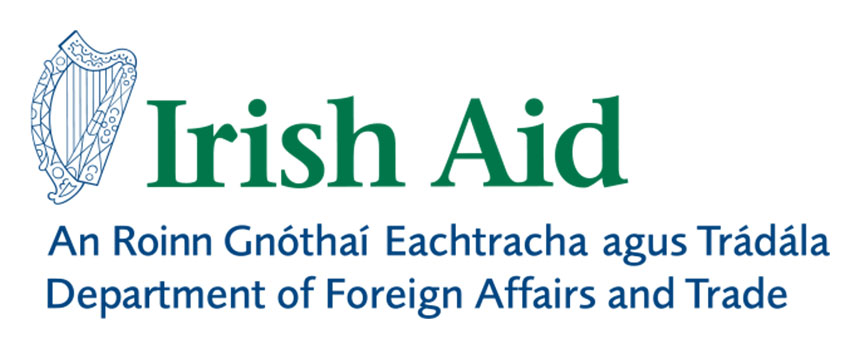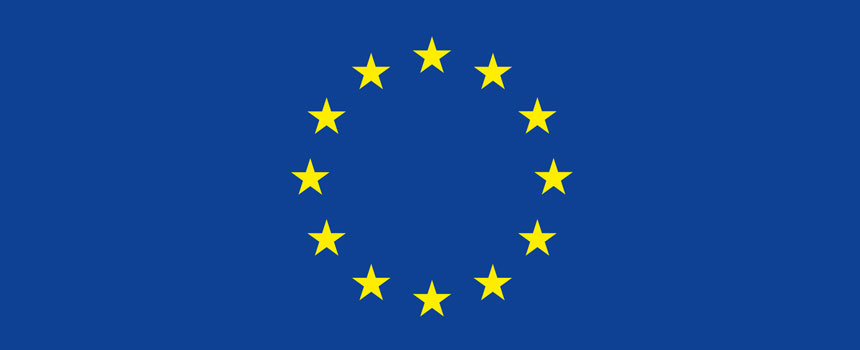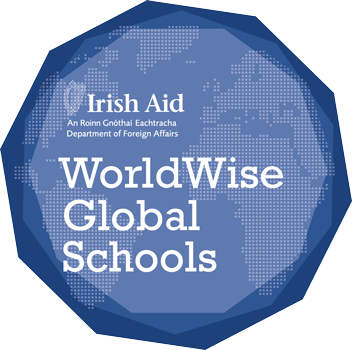Asking why
“Learning is the discovery that something is possible.” – Fritz Perls
Overview
This session supports learners to explore the role that critical thinking has played in social change. The resources challenge us to freely ask the question ‘Why?’ Why is the world so unequal? Why are some voices more dominant than others about the economy? Why are certain economic policies promoted more than others? Why?
Learning Outcome
That participants will understand the concept of critical literacy and the importance of questioning the way the world currently works, and in whose interests.
Economics isn’t just for the experts. Critical thinking about the economy helps us to examine the relationship between our own lives and the wider world unfolding around us.
This session supports learners to explore the role that critical thinking has played in social change. The resources challenge us to freely ask the question ‘Why?’. Why is the world so unequal? Why are some voices more dominant than others about the economy? Why are certain economic policies promoted more than others? Why?
Note for Facilitators/ Educators: Pick three resources from the list, and ask your group to review them ahead of your session. In the session, you can go through the discussion questions either in pairs or as a group. The learning journal activities are designed to be done after the session, as a way for people to link their own experience to the ideas explored in the module.
Table of Contents
Resources:
1. Critical Literacy by Heather Coffey
This article (PDF) explains why critical literacy is useful in understanding power dyanamics in our lives. For a great introduction, read pages 1 to the top of page 5. Pages 5 to 8 give very helpful tips for utilising critical literacy in learning circles, using any material.
2. The Banking Concept of Education
This is a audio reading of Chapter Two of Paulo Freire’s ‘Pedagogy of the Oppressed’. This chapter discusses education’s distance from lived experience, and introduces the ‘banking concept of education’.
3. What is Media Education? Professor David Buckingham
Professor David Buckingham - a leading internationally recognized expert on children’s and young people’s interactions with electronic media, and on media literacy education - explains what media education is about.
4. Video: “We Teach Life, Sir” – Rafeef Ziadah
Rafeef Ziadeh is a Canadian-Palestinian spoken word artist. In this video, she presents a powerful poem she wrote inspired by her experiences growing up as a Palestinian refugee, and reporting on the crisis in Gaza.
5. Blog: Thinking About How We Think About Things – Mark Malone
We live in a society and world were injustice and inequality is neither a natural nor accidental occurrence. The implications of this reality for all of us concerned with social justice demands an interrogation of our own assumptions about how power works in our communities, societies and across borders. Without a critical understanding of why and how injustice and inequality is perpetuated, we at best only treat symptoms rather than underlying causes. It is from this starting point that critical pedagogy asks us to both think and act…
Read more
Discussion Questions
- What is critical literacy?
- What do you think about Paulo Freire’s analysis of education as a ‘banking system’?
- Are there links between what John Pilger and Rafeef Ziadah say? Did you find one easier to listen to than the other? Why?
- How does our education effect our relationship toward the media, in your opinion?
- “There is no such thing as a ‘single truth’”. Do you agree with this?
Learning Journal
- Has this session challenged my understanding of education or the media in any way?
- What are my thoughts on the critical literacy being discussed in this session?
Extra Resources
| a | ‘What is education?’ | In depth discussion of the term “education” on infed.org |
| b | Deschooling society | Full book and audio of Ivan Illich’s classic text on schooling and society. |
| Critical Literacy, Foundational Notes | Luke, Allan (2012) – in Theory into Practice Journal, Routledge. | |
| c | Critical Thinking Podcast | In response to requests from their listeners, Dave and Steve try to distill seven years of research into 45 minutes. Part of the Headology podcast series from the Critical Thinking Initiative. |


